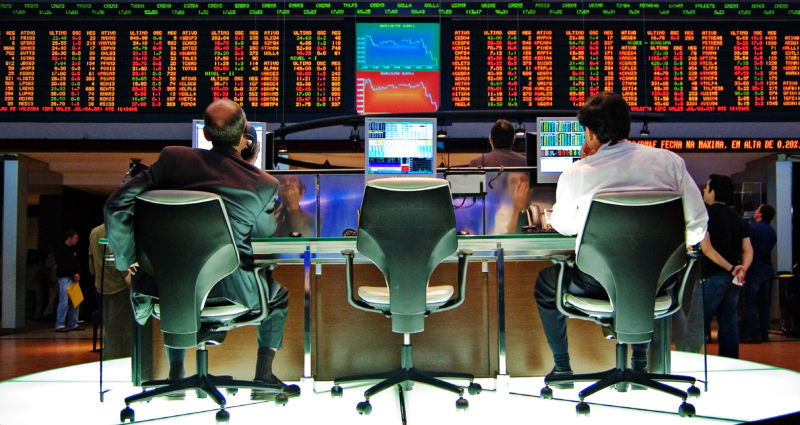
Estimates of the economic impact of climate change have generally been perceived as conservative, failing to capture the full damage. The debate is understandable, given the incredible array of factors that have to be not just considered, but quantified. As research has made progress toward more realistic estimates, another interesting question can be asked: what if the worst-case scenario is bad enough that it prevents us from reaching the worst-case scenario?
That is an awkward way of saying that if climate change slows economic growth, our emission of greenhouse gases should also slow. With climate change, you hear a lot about “positive feedbacks”—processes that amplify change, like warming permafrost releasing greenhouse gases that cause more warming. This could be a negative feedback, limiting the potential for warming.
A new study by University of California, Irvine’s Dawn Woodard, Steven Davis, and James Randerson takes a shot at figuring out how important this could be. Working from previously published numbers, they connect the dots and estimate the amount of greenhouse gas emission that could be prevented by the end of the century due to the impact of climate change itself.
Economic feedback
The percentage of global GDP lost due to future global warming varies widely in the different economic models that have been used. Some simpler ones have projected the cost of unmitigated warming at just a few percentage points by 2100, while a 2015 study put that number at around 20 percent. This would be mirrored by emissions for a number of reasons. Most simply and most morbidly, more people would die early. Labor productivity would drop for other reasons, as well, and resources would have to be diverted to dealing with things like natural disasters, rather than building useful things like infrastructure.
There are, however, ways that warming could also increase emissions: the balance of energy demand for heating and cooling buildings, for example, or the lower efficiency of electrical transmission lines at higher temperatures.
Combining estimates of all these processes, the researchers built a simple mathematical model using human emissions from the high-end scenarios of climate model simulations. The average result showed that economic feedbacks reduced emissions enough to keep the CO2 concentration about 85 parts per million lower in 2100, shaving about 0.3°C off global warming. (Using the highest and lowest estimates, the temperature difference ranged from zero to about 0.75°C.) For every degree Centigrade of warming, lower economic growth cut about three percent off emissions.
Balancing act
For comparison, the researchers also used the positive feedback response of the Earth’s carbon cycle from climate models. This includes things like a weakening of the ocean’s ability to soak up CO2 from the atmosphere, global plant growth lowered by warming in the tropics, and a reduction of the amount of carbon bound up in soils. Running this through the same high-end human emissions scenario, the Earth kicks in an extra 90 parts per million of CO2, boosting temperatures by 0.30°C.
So when all the factors affecting the release of greenhouse gases were added together, the drag on economic growth roughly canceled out the piling-on effect of the Earth’s carbon cycle—a pretty remarkable result.
Of course, it would be hard to even categorize this as “good bad news” given that the emissions reductions are largely achieved through human suffering, or at least through lost opportunities for many living in poverty. The researchers note that the economic impacts are not likely to be evenly distributed around the world. Poorer, more vulnerable populations are likely to bear the worst of it, which will further limit their ability to adapt to climate change and protect themselves.
The exact numbers aren’t the most important thing in this study—most of the estimates involved are highly uncertain. But it shows that this economic feedback could be pretty significant and cannot be ignored. The high-end warming scenario seen in various climate studies could still come about if, say, human emissions beat expectations or the Earth’s natural systems release more carbon. The presence of a forced economic brake is just one factor among many. It may, however, lower the upper limit on what is ultimately possible, though hopefully our decision to move away from fossil fuels will be the more significant constraint on emissions.
PNAS, 2018. DOI: 10.1073/pnas.1805187115 (About DOIs).
reader comments
119